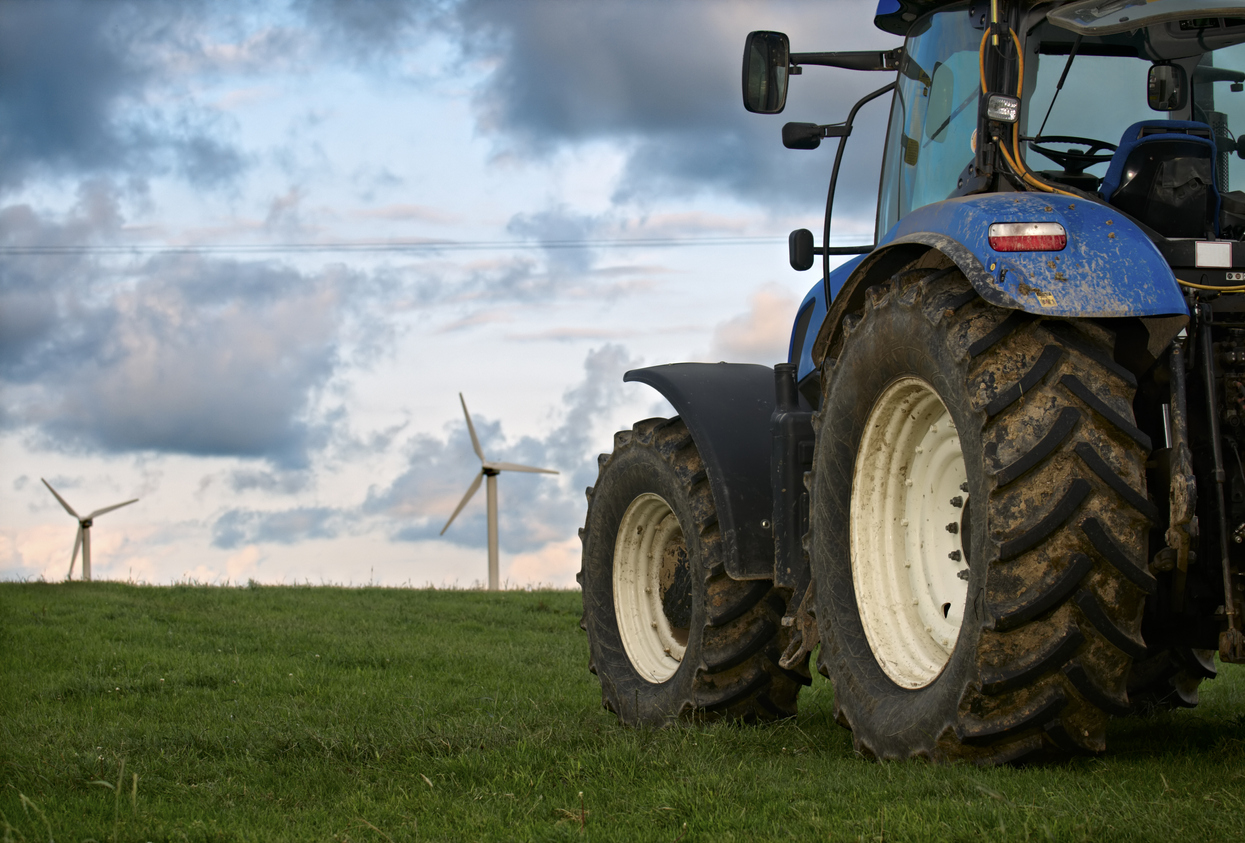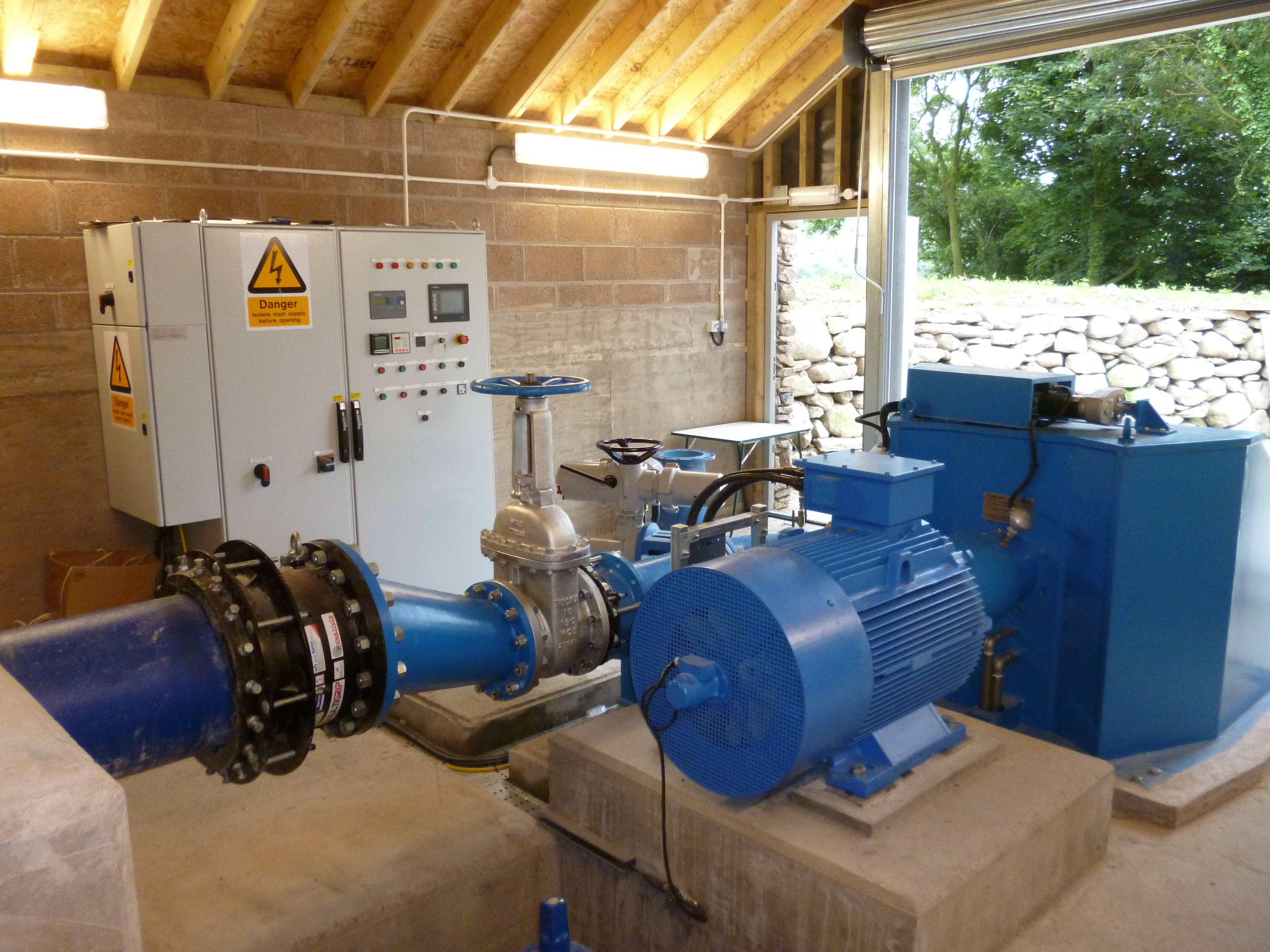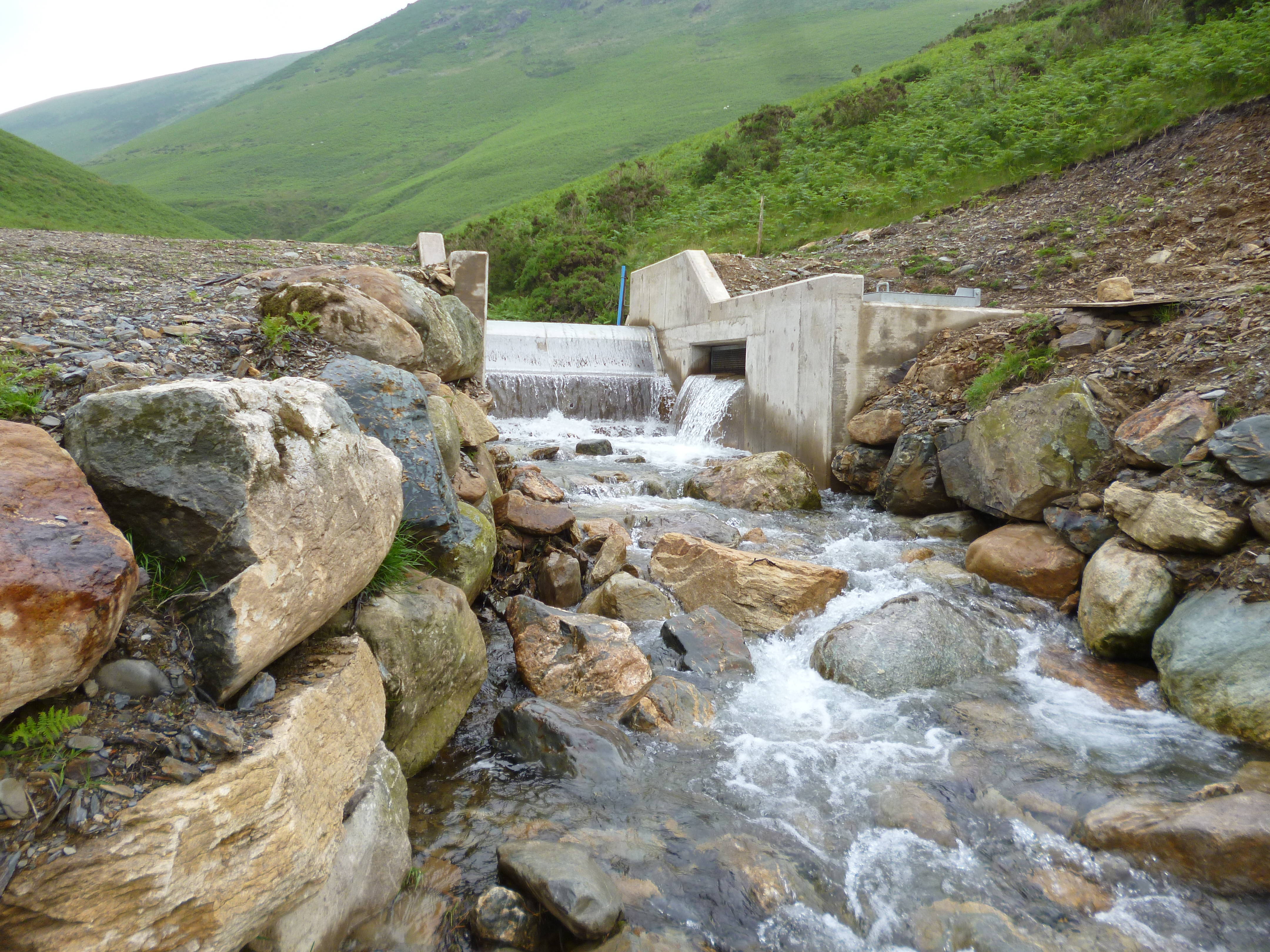
Renewable energy projects form a key part of any responsible environmental management strategy, meaning less CO2 is put into our atmosphere as less fossil fuels are being used. They also help businesses become more sustainable and self-sufficient.
Many of our farms and suppliers are using renewable energy to generate power for their offices, and heating for their livestock and feed barns, ranging from solar panels to biomass, hydro-electricity and wind turbines. Here are some examples:
Duncan Farms
Duncan Farms have supplied free range eggs to our Scottish stores since 2018. They are a family run business, and are very passionate about environmental sustainability. They have a total of 13 renewable energy units across their egg farms and offices including solar, wind turbines and biomass boilers. Their efforts mean that their carbon output has been reduced by approx 160 tonnes per year, and save them over £75,000 in heating and electricity bills!
Gatelands
Our Arla dairy farmers do a lot of renewable energy projects, with over 50 farmers having installed some form of renewable energy.
Gatelands Farm have installed both solar panels for electricity, and a biomass boiler to heat the dairy’s hot water and the farm house:
“ Both these investments have made it so that we can reduce our reliance on fossil fuels as well as the savings made from not using as much electricity. Our solar system generates on average 45,000 units of electricity per year with any electricity we do not use on the farm being sold back into the national grid.
Being part of the Arla Morrisons milk group has made it so that we can invest in these type of systems that are enabling us to lessen our carbon footprint. Also the extra money from Morrisons is helping us invest in other energy saving devices like the variable speed vacuum pump and variable speed milk pump we have installed in our milking parlour which are also having a big effect on the amount of electricity we use on the farm. ”
Beckside
Beckside are another of our Arla dairy farmers, and have a run of the river hydro-electric facility, making use of the beck that flows through the farm:
“ As a business we considered all the options for renewable energy generation and hydro was the obvious fit, being we have an abundant source of water with a height differential. The equipment requires very little maintenance, the cost of installation should be paid back after 6 years, and the design life is in the order of 25 years plus. The scheme is a great success, powering the farm from a renewable source and generating income whilst making good use of a natural asset. The electricity will be used to power the new milking facilities complete with an RHI compatible heat recovery system. ”

